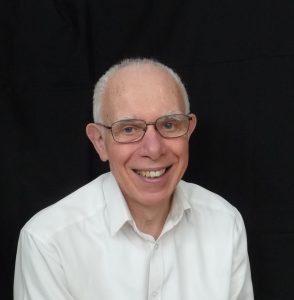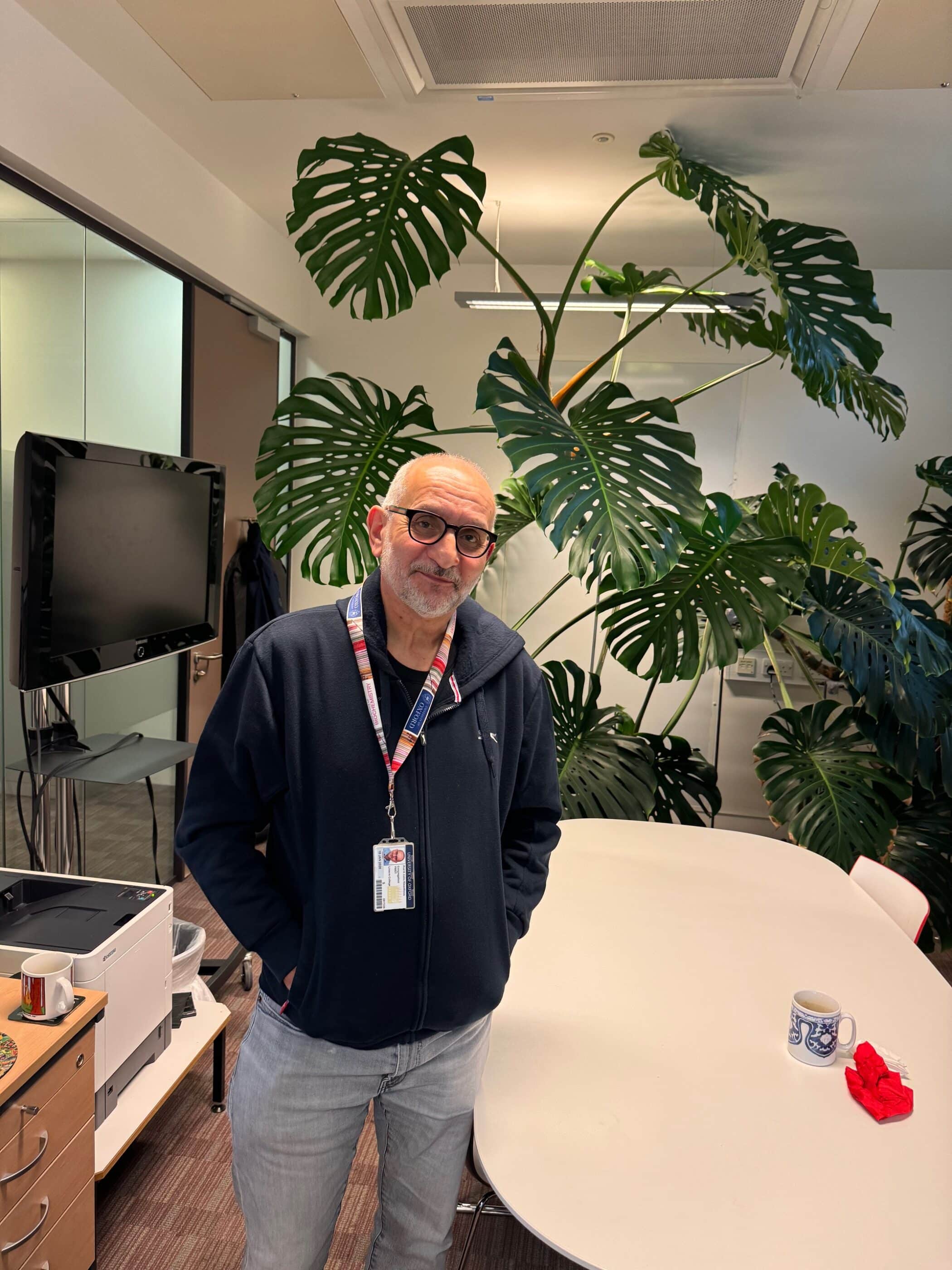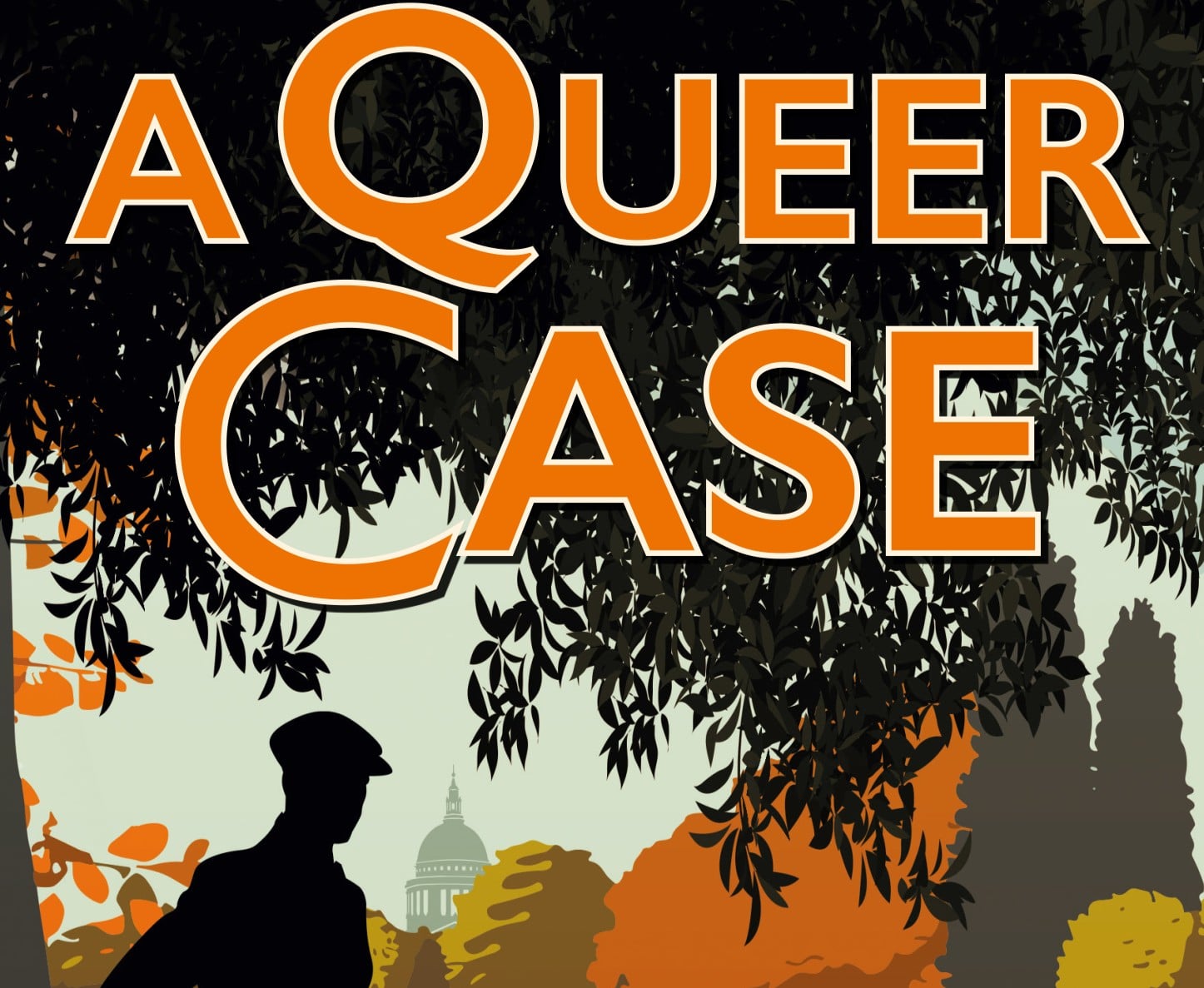History of Science Society Awards Sarton Medal to James Bennett
Professor James (Jim) Bennett’s work as a historian of scientific instruments, curator of world-class collections, museum leader, and teacher has had a remarkable impact in the field of history of science and beyond. Jim was one the earliest historians of science to foster the “material turn,” i.e., to argue that historical scientific instruments and apparatus not only serve as historical sources, but also provide insights not gained from paper documents. The relevance of scientific instruments and material culture is now almost undisputed, and Jim’s work was crucial for this shift of attention from ideas and paradigms to everyday practice and artisanal cultures.
His fundamental 1986 article on “The mechanics’ philosophy and mechanical philosophy” (History of Science 24, 1-28) made it clear that major changes associated with the Scientific Revolution emerged from the domain of instrument-making and practical mathematics. This article lifted the veil on the 16th-century practitioners who, by engaging with the practical problems posed by artillery, navigation, and surveying, had recorded and addressed several inconsistencies of Aristotelian physics. This lesson has been so deeply absorbed in the decades following the publication of Jim’s seminal article that it is now easy to forget where it originated.
His early book The Divided Circle: A History of Instruments for Astronomy, Navigation and Surveying (Phaidon-Christie’s, 1987), which surveys European instruments for measuring angles made from the 16th through the 19th centuries, showed the profound importance of the circle and its measure for the history of science, highlighting how instruments provide valuable and unique insights into the worlds of theory and practice.
Jim’s sharp historiographical approach to science and its material culture was aptly summarized and illustrated in his influential 2002 presidential address to the British Society of the History of Science (BSHS), “Knowing and doing in the sixteenth century: What were instruments for?” (BJHS 36, 129-150). The latter remains a compelling invitation to use instruments as resources for research, constituting an obligatory passage point to all those who engage with this line of inquiry.
As the curator of world-class collections such as those at the Royal Observatory, Greenwich, the Whipple Museum of the University of Cambridge, and the History of Science Museum in Oxford, Jim cultivated innovative dynamics of object-based teaching and research, while seeking to mediate among the worlds of the museum, the instrument collector, and the professional historian of science/technology. He has overseen and supported a substantial number of carefully curated and thought-provoking exhibitions such as “Empires of Physics” (1993, Whipple Museum, Cambridge), “Geometry of War, 1500-1750” (1996, History of Science Museum, Oxford) and “Steampunk” (2010, idem), just to mention a few examples. These exhibits have inspired students, researchers, curators, and the general public alike, bringing fresh perspectives from artifact-based research into the public sphere while setting a benchmark for other exhibit projects and permanent displays in institutions on both sides of the Atlantic.
Throughout his career, Jim has always stood out as an active, influential, and generous member of the museum and scholarly communities. He has held many distinguished leadership positions, including those of President of the BSHS, President of the Scientific Instrument Commission of the International Union for the History and Philosophy of Science and Technology, Vice-President of the International Academy of the History of Science, and more recently, President of the Hakluyt Society. He has also acted as an associate editor of leading academic journals and served on the advisory boards of the Nobel Museum and the Science Museum.
For his pioneering scholarship and curation in the field of instrument studies, his leadership in the history of science on an international stage, and his attention to the needs of faculty, students, and the public, the HSS is pleased to bestow its most distinguished award, the Sarton Medal, on Prof. Jim Bennett.


















